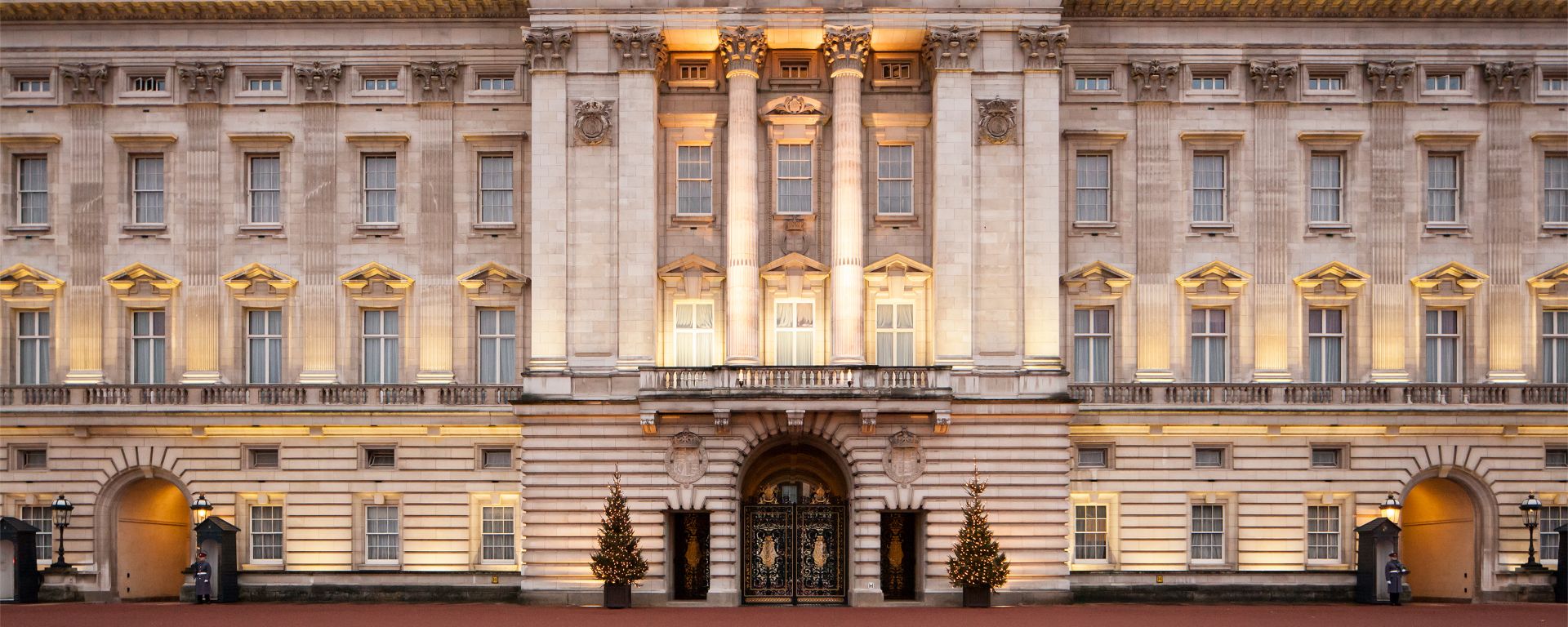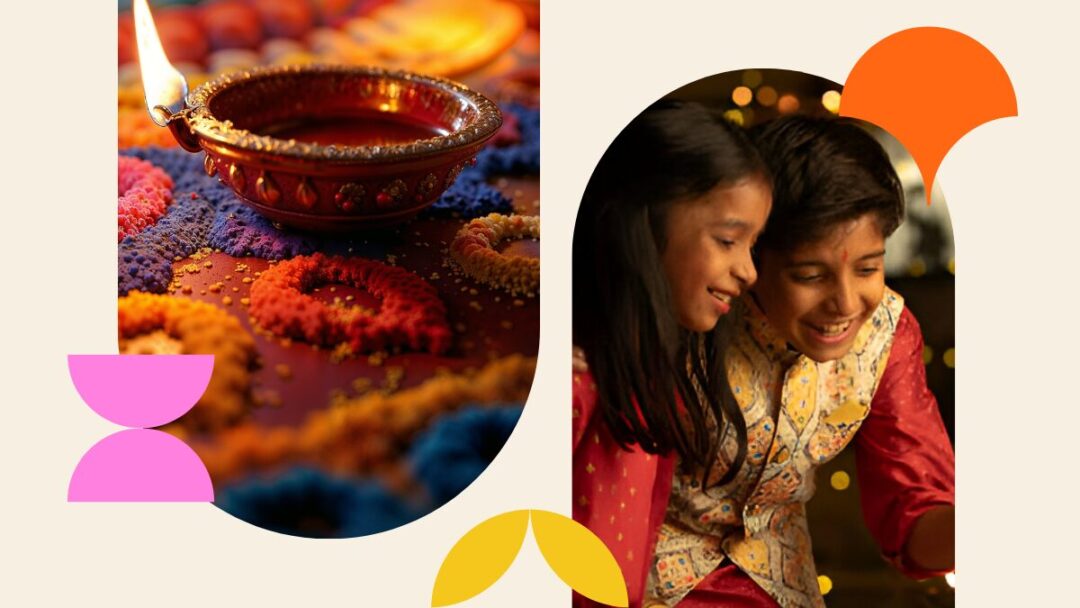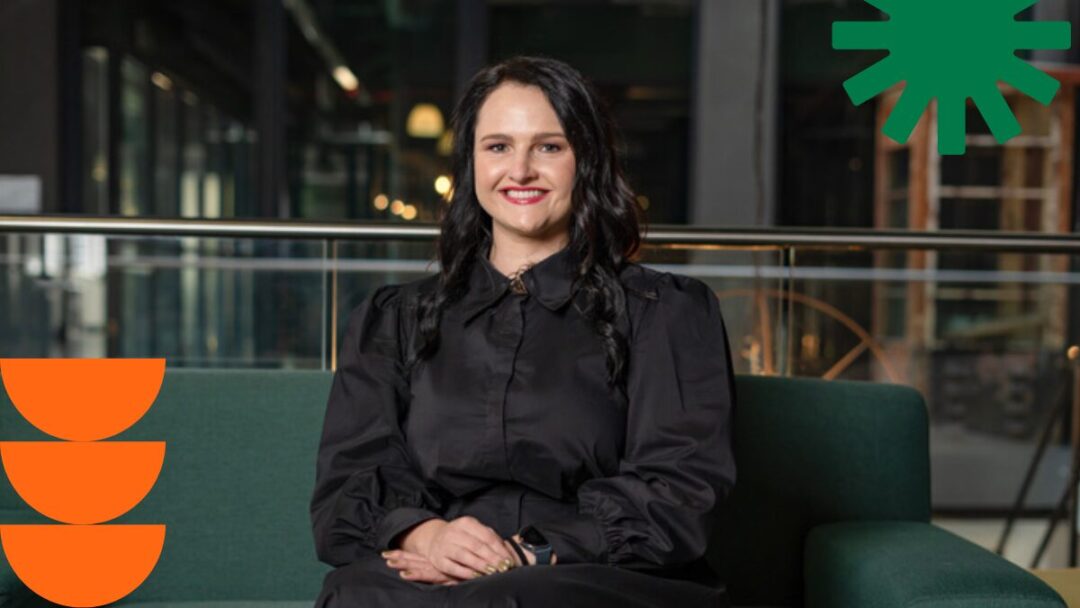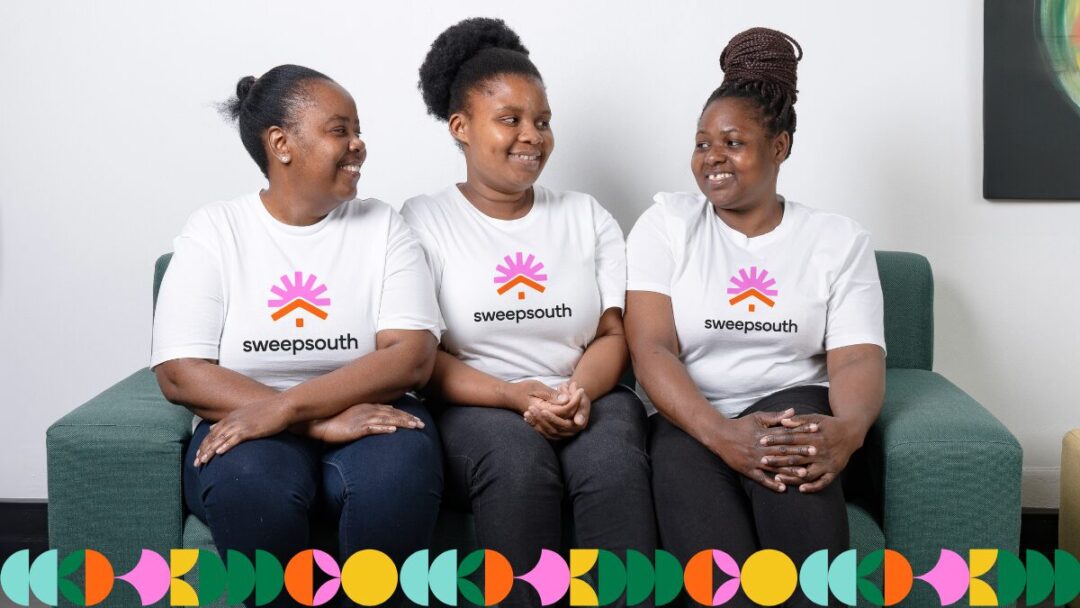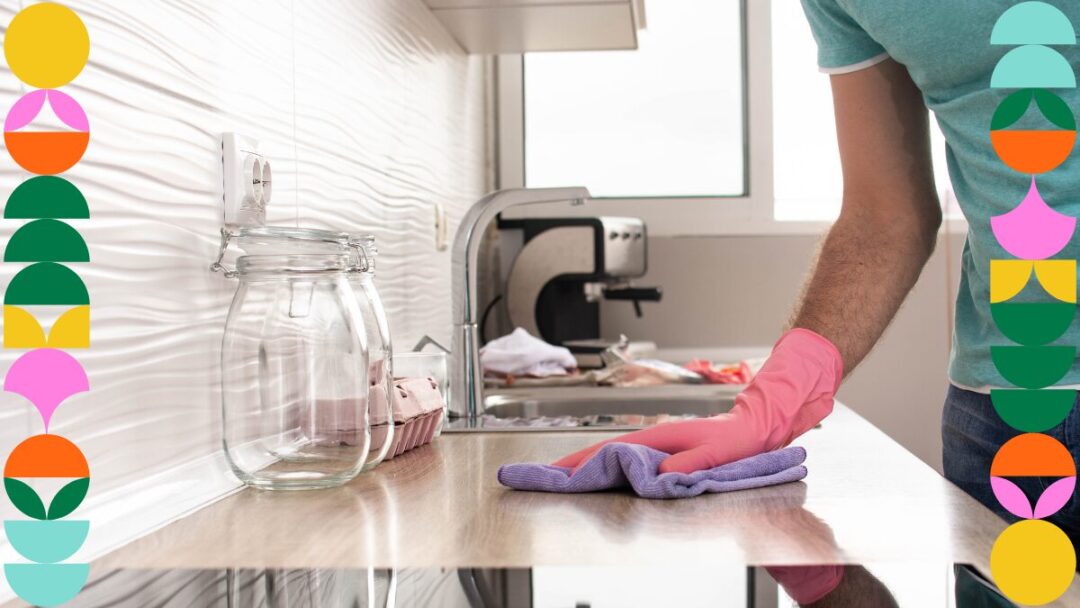The new constitutional monarch, King Charles III will have many new duties and powers following the unfortunate passing of his mother and former Queen, Elizabeth II. One of the King’s new duties means that he must firstly remain politically neutral as the head of the state always has to have an “important formal and ceremonial relationship” with parliament, as stated on the monarchy’s official website.
King Charles, The New Monarch
At the moment of the Queen’s death, the throne was passed immediately and without a ceremony to the heir, Charles, the former Prince of Wales.
What Will He Be Called?
The monarch will be known as King Charles III, this was his first decision of the new reign. He could have chosen any four of his names – Charles Philip Arthur George. Following his ascension, Charles is not the only one who has a change of title. Prince William and his wife Catherine are now titled Duke and Duchess of Cornwall and Cambridge, and the King has conferred on the titles of the Prince and Princess of Wales.
King Charles’ wife Camilla also has a new title – the Queen Consort. ‘Consort’ is the word used for the spouse of the monarch.
What Are King Charles III Powers?
His role will continue on from the role of the late Queen, of approving or accepting the Bills passed by The Parliament on the advice of ministers. The King will also give audiences to ministers where he may ‘consult, encourage and warn’. Charles will also be required to open, close and prorogue each session in Parliament.
The approval of the King is required for all new Bills passed by Parliament for them to become law. The last Royal Assent was refused back in 1707. There is a long-standing convention that the monarch is asked for consent to debate Bills that could affect the interests of the Crown.
Duties Of The King
Just like the Queen, the new King will have to open Parliament in person in the annual State Opening ceremony; this is also where he will deliver the King’s Speech. King Charles will additionally have the duty of appointing any future prime minister, which is one of the few remaining prerogatives of the monarch.
The King, however, cannot act on advice or consult with anyone before calling upon the leader with an overall majority of seats in the House Of Commons to form a government. This was one of the late Queen’s last duties, as just two days before she died, she appointed Liz Truss as PM at Balmoral Castle.
A regular audience with Truss will be held by the King, every week on a Wednesday. King Charles has already met with Ms Truss, the cabinet, opposition leaders, and Realm High Commissioners in the three days since his accession. The sovereign is also head of the Privy Council which meets once a month.
This is the oldest form of the legislative assembly still functioning in the UK and is responsible for several executive responsibilities. Each meeting includes obtaining the King’s formal approval of orders which have been discussed and approved by ministers.
The King also approves proclamations, these are formal notices that cover issues such as the summoning of a new parliament, coinage, and dates of public holidays through the council.
King Charles formally ascended to the throne on the 10th of September, the beginning of what PM Liz Truss called the new “Carolean age”, referencing the reign of King Charles I. However, the ceremony will only take place in 2023.
The Coronation
The symbolic point of accession will be the coronation, where Charles will be formally crowned. Due to the preparation needed, the coronation will not be taking place very soon. The Queen was succeeded to the throne in 1952, but was only crowned in June 1953.
For the last 900 years, the coronation has been held in Westminster Abbey. The first monarch to be crowned there was William the Conqueror, and Charles will be the 40th.
The Coronation is an Anglican religious service carried out by the Archbishop of Canterbury. He will place St Edward’s Crown on Charles’ head, a solid gold crown from 1661. The centrepiece of the Crown Jewels at the Tower of London, the crown is only worn by the monarch at the moment of the coronation.
The coronation is a state occasion, meaning the government pays for it and also decides on the guest list.
Head Of The Commonwealth
Charles has now become the head of the Commonwealth, an association of 56 independent countries and 2.4 billion people. For 14 countries, including the UK, the King is now the head of state.
Other Commonwealth countries are Australia, Antigua and Barbuda, the Bahamas, Belize, Canada, Grenada, Jamaica, Papua New Guinea, St Christopher and Nevis, St Lucia, St Vincent and the Grenadines, New Zealand, Solomon Islands and Tuvalu.
The team at SweepSouth would like to wish King Charles III the greatest success and happiness in his endeavours as King. May he have many fulfilling years and share a wealth of smiles along the way.
